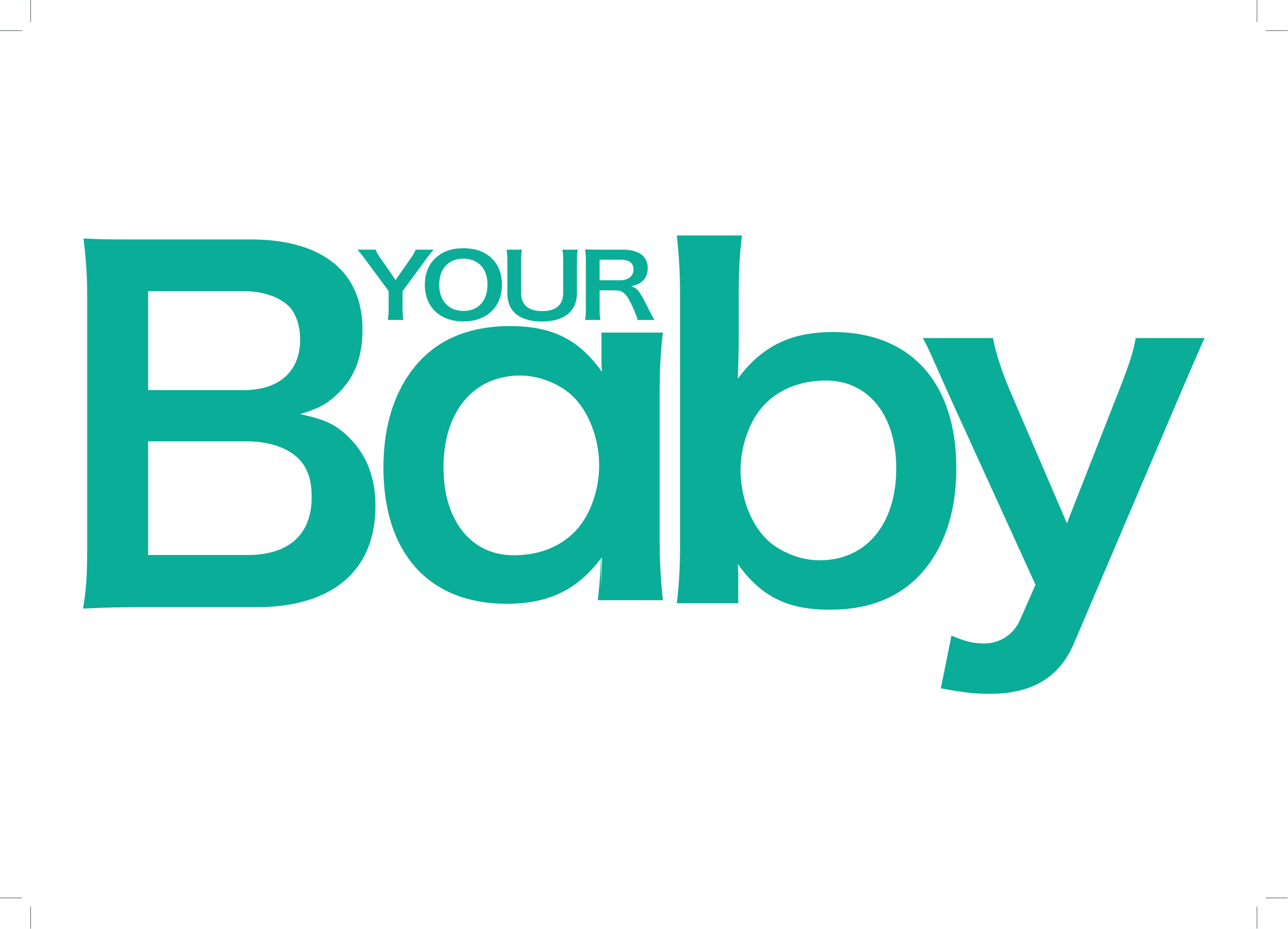
It’s most exciting to watch your baby turning from a helpless bundle into an independent little individual with a personality all her own.
Why milestones?
Many parents worry that their child isn’t making progress “on time”. The best way to make sure that your baby is on track with her developmental milestones is to take her for regular check-ups with your paediatrician or baby clinic sister.
Go for regular check-ups
They’ll check your baby’s physical development, weigh and measure her, observe her and chat to you about her progress and what you should be doing to help (including checking up on her diet, especially as she moves on to solids).
Development milestones are only a guideline
Keep in mind that developmental milestones are worked out at the average age at which children acquire new skills, which means that many babies acquire the skills later, and many acquire them earlier. They are intended to serve as a guideline only, and not as a rule. Babies develop at their own pace, and a slightly slower development than average is not a reflection on her future abilities.
Development starts at the head and works its way down
At the same time, realise that because your baby is an individual, it’s quite likely that she might be simultaneously a very early talker but equally a late walker, for example. Don’t fret!
It’s also helpful to understand that development starts at the head and works its way down through the body in a specific order. Your baby won’t acquire one skill before she’s developed the specific muscle control and thinking patterns that this skill needs.
How to booster development
In real terms, this means that while you can of course stimulate your baby, you can’t push her to acquire skills she’s not ready to develop. What you can do, however, is take time to play creatively with your baby, and spend lots of time in communications – both talking and listening.
Read to her, sing songs and say nursery rhymes, and babyproof certain areas and give her the freedom to explore them. Be physical with your baby: touch her, hug her, tickle her, massage her...
Consistently delayed milestones
If you do feel your baby’s milestones are consistently delayed, talk to your doctor. There may be an underlying reason for the delay, and if this is the case then the sooner you identify the cause and take action, the better.
For example, delays in talking may be linked to hearing loss and if this is the case, then once you have discovered this and taken action, your baby can start to catch up. Above all – enjoy your little one in these early, all-important months. The time will go by so quickly and when her first birthday arrives, you’ll look back in amazement at how far she’s come and how time has flown.
Developmental milestones: newborn to 12 months
Development milestones: 12 to 24 months
24 to 36 months
Physical development
At 24 months
- Can use a plastic sit-on bike or car and push with her feet
- She can build a tower of 6 blocks and enjoys simple puzzles
- She’s moved on to 1 nap, in the afternoon
At 30 months
- Her birth weight has quadrupled and her brain is 90% of its adult size
- She can walk upstairs, jump, kick a ball and climb a ladder or a simple jungle gym
- She should be out of day time nappies
At 36 months
- She walks upstairs alternating her feet but still goes downstairs putting both feet on each step
- She can wash her own hands and help you when she’s getting dressed and undressed
- She builds a tower of nine or more blocks
- She draws a figure with a head and some features
- She’ll probably start to drop her daytime nap some time this year
Feeding needs
- Continue to offer nutritious food choices. If she’s fussy, concentrate on giving her the healthy snacks that she likes
- Remember to give a balance of protein, carbohydrates, vegetables, fruit and dairy
- It might be easier for you to concentrate on making sure your toddler eats well-balanced meals over the space of a week rather than a day
- A growing up milk or vitamin supplement will also help you to set your mind at ease that she’s getting what she needs
- By the age of 36 months, a healthy diet for a child is similar to that of an adult’s: lots of vegetables and fruit, complex carbohydrates, enough lean protein, dairy products, not too much sugar, fat and salt
- By the time she’s 3 years old she can feed herself competently with a spoon or fork – happy mealtimes
Emotional, social, talking
- She joins in songs and rhymes, asks the names of objects and plays simple make-believe games
- By 30 months, she’s more outgoing
- She still sees things from her point of view
- She uses about 200 words and starts to use “I”, “you” and “me” correctly
- She asks “what?” and “why?”
- She knows simple songs, nursery rhymes and games
- By 36 months, she is playing with other children, not just alongside them
- She enjoys helping you with chores and starting to understand and feel sorry for a playmate who’s hurt
- She may know as many as 800 words and can carry on a simple conversation
- She knows some shapes and colours as well as simple concepts of size, numbers and time




 Publications
Publications
 Partners
Partners














